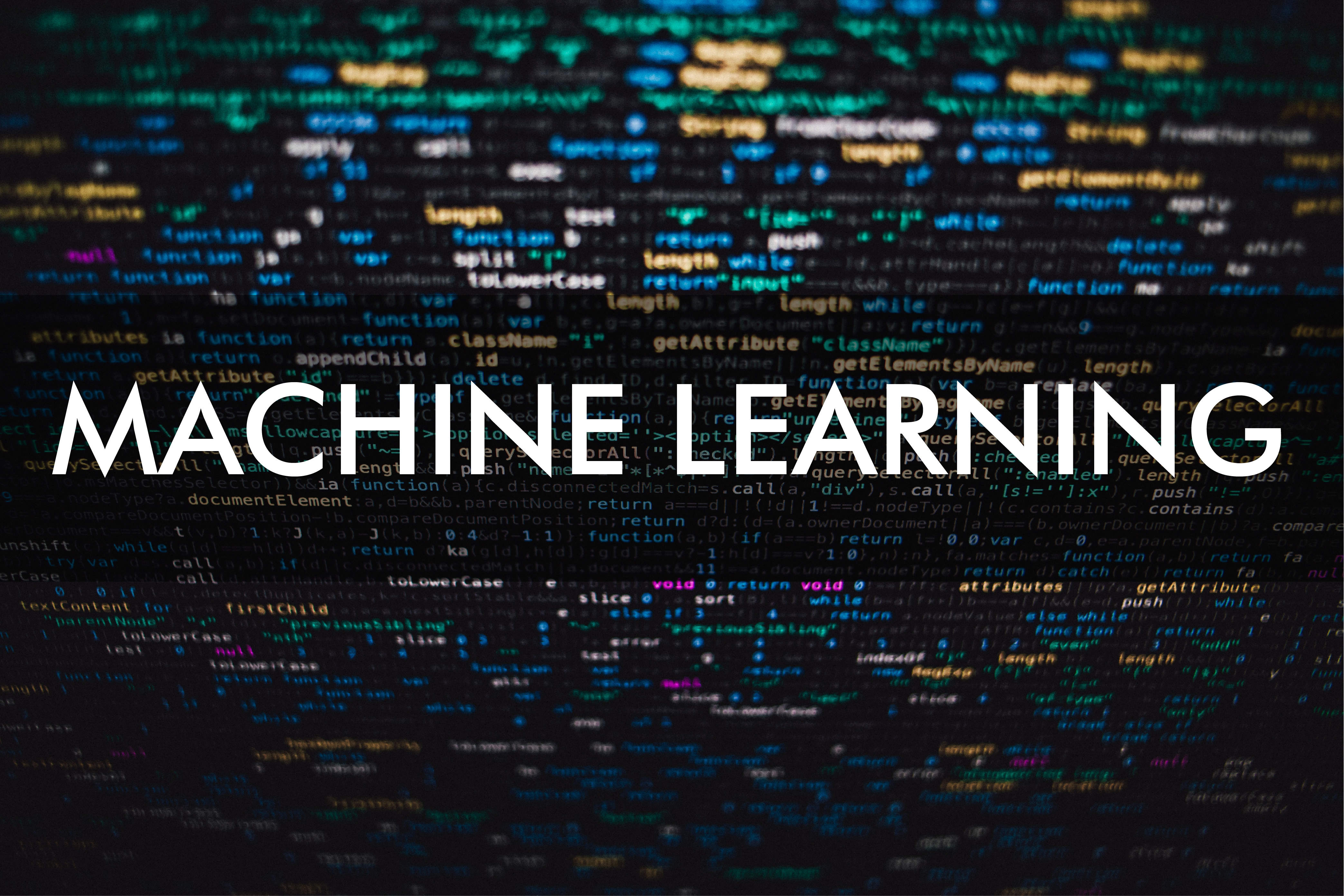Artificial intelligence in business, a topic for everyone?
On August 26, I had the privilege of participating in a panel at the Tecnologico de Monterrey Business School, part of an event organized in collaboration with the University of California, Berkeley, which began with a lecture by Carlos Escapa, the global Artificial Intelligence and Machine Learning leader at Amazon Web Services.
Carlos Escapa's lecture, "Artificial Intelligence: Hype, Reality and Geopolitics", established the perfect framework for panel discussions, which focused on the impact of AI on business and where I outlined some ideas that I now share.

Luis Fonseca, Humberto Sánchez, Jaime Martínez y Carlos Escapa
- There is discussion about whether ML algorithms' inference or generalization processes are intelligence and about the implications of delegating some decisions to a system of computation (read our article about it).This does not change the fact that ML techniques allow you to automate processes, analyze information in greater depth, and create products or services. As Carlos Escapa pointed out, AI it's the new electricity, has application in all areas of human activity.
- There is a perception that it is difficult to gain knowledge to have informed opinions on this topic, however, there are resources that entrepreneurs and managers can use to acquire a basic notion that allows them to evaluate projects and products. Not doing so creates the risk of making decisions with unrealistic expectations, without an accurate assessment of the success factors, or the organizational, legal and public image implications of inadequate design.
- Some people consider AI a distant topic, exclusive of academic institutions or large global companies, without being aware of the speed with which its applications extend to more and more activities and industries. The advanced automation that ML tools foster has an impact on the competitive advantages of Mexico (labor and closeness to the United States), so it is a close topic in which we must be proactive.
The biggest challenge of a company that is considering incursion into the use of AI and ML is to forge a clear picture of the value that it will add to the business, a vision of the future with these tools enabled. To gain insight it is useful to do the exercise of answering the 9 basic questions recommended by the Forbes Technology Council:
- Would operations and marketing improve by analyzing customers using AI techniques?
- Is AI already a customer demand?
- Are customers lost with the competition for not using it?
- Is there a specific problem that you could solve with it?
- Is it clear what you want to achieve?
- Can repetitive processes be automated?
- Is the need for a step-by-step approach understood?
- Do we have the talent to achieve vision?
- Can we begin experiments with small-scale projects?
This vision should inspire a plan that comprises teams, tools and consultants, staff readiness to work differently with a culture of lifelong learning, and a firm stand on ethics to avoid bias leading to unwanted results.

Application areas in a business include aspects such as improving consumer experience, creating new products, or innovation and reliability in the delivery system. They also include areas ranging from task automation, improving process traceability and reliability, or ensuring quality and compliance, to the enhancement of business intelligence to improve decision making. Any activity in which it is feasible to collect data to make automatic decisions is an area of opportunity.
Another important aspect to solve is whether a company should undertake its own developments or use existing tools. Even though the boom in ML's algorithm usage is close to five years old, most of them are available free of charge, are included in most ERP systems, or are offered by cloud service providers, such as Amazon, Google and Microsoft, in development platforms with huge computing capacity at a relatively low cost. Somehow, ML algorithms have become commodities and we are seeing the beginning of machine-learning-as-a-service (MLaaS).
While these two circumstances make AI affordable to more companies, the key to success lies in building the team responsible for the design and implementation of the tools, which should include data, computing and ML skills, as well as knowledge of business processes and rules.
Finally, if AI is the new electricity, data is the fuel to generate it. Algorithms find patterns and relationships in data that generate new information or serve to make decisions, so the quality of the results is determined by the quality and availability of the data. Therefore, a special effort should be devoted to diagnosing the situation in the company and defining an initial collection, cleaning and preparation strategy, as well as future data collection. It is very possible that this strategy will determine the feasibility, scope, and speed of an AI and ML implementation.

The decision to implement AI tools in a company is not simple, however, whether responding to competitive pressures or a making a strategic move, the opportunities are many and the benefits very great if you start with a clear view of the value that is added to the business as well as a deployment strategy that includes tools, teams and competencies, as well as a robust data strategy.
83% of participants in an AI & Intelligent Automation Network worldwide survey said that by the end of 2020 they will be at a proof of concept stage in AI projects. This indicates that is time to start evaluating initiatives. Academic institutions such as the Tecnologico de Monterrey Business School play an important role in arming decision makers, strengthening skills to perform successfully in an AI-ML-intensive environment and promote entrepreneurship.
Did you enjoy this post? Read another of our posts here.



